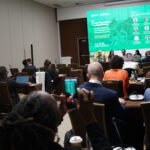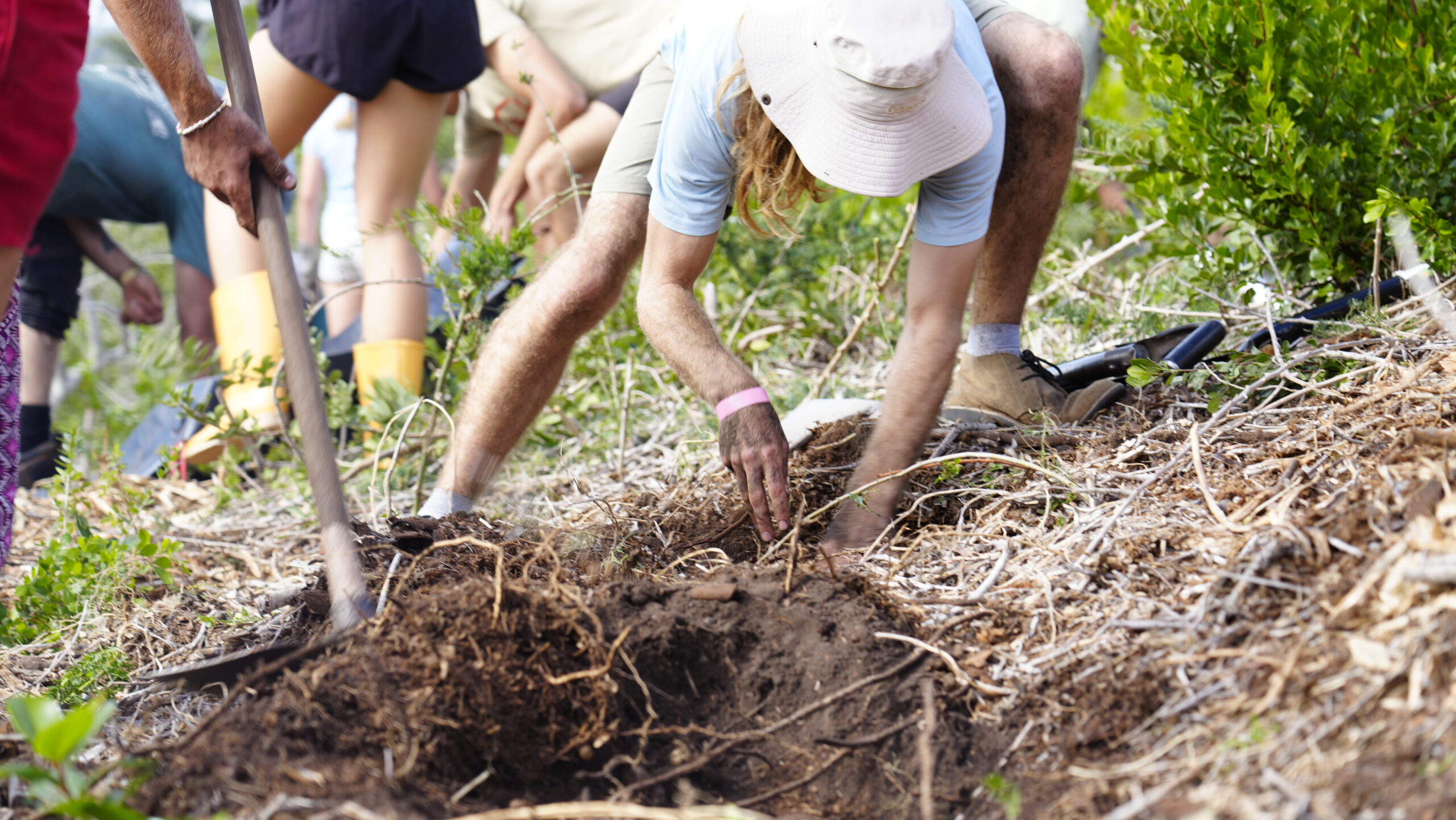Gender Equality: Energizing the taken-for-granted side of policy-making

By Ms Wagaki Wischnewski and Prof Iyenemi Ibimina Kakulu
The international community has pledged to restore one billion hectares of land globally. But how can we achieve this goal when the professional group that plans and allocates land for various uses is not actively involved? Policy is made at two levels. First, where decision-makers sit, for example, at the Conferences of the Parties to the Convention to Combat Desertification. This is the legal level.
But second, and perhaps the most significant level of policy-making is where the government executes the policy. More specifically, where the policy is actually realized. These street-level policy-makers, as they are referred to in the policy community, are the individuals interacting directly with the public to interpret the policy and make it a reality. The de facto policy-makers.
Last month, the United Nations Convention to Combat Desertification (UNCCD) and its G20 Global Land Initiative Coordination Office (ICO) reached out to surveyors, land planners, real estate managers and geospatial planners with two objectives. First, to bring attention to the future consequences of failing to restore land, and why it should matter for them.
Second, to inspire the women occupying senior positions in this space to embrace gender responsiveness and land restoration as key values in the planning and administration of land, its use and management.
UNCCD’s campaign for women’s land rights this year is a good moment to highlight our experience at the International Federation of Surveyors (FIG) Working Week 2023, which took place from 28 May to 1 June 2023, in Orlando, Florida.
The participation of ICO representatives was twofold. First, to ensure the professionals executing land use policies are sufficiently equipped to support land restoration. Second, to ensure women and young surveyors in this space, in particular, are well-equipped to participate in discussions and decision-making processes on land degradation and restoration.
We came away more hopeful and inspired than we were going in, for at least five reasons.
First, there is significant interest in gender issues, particularly on women’s land rights, to build on. Both male and female surveyors and spatial planners working on women’s land rights in Africa, Asia and Latin America shared the successes and setbacks faced in promoting women’s land rights. This knowledge base is valuable when introducing other gender dimensions of land restoration.
Second, the Federation is already working on various Sustainable Development Goals (SDGs), including on Climate Change. There is a dedicated task force on SDG’s. This too is fertile ground for discussing land restoration, which is reflected in Goal 15, on Life on Land.
Third, most of the participants we spoke to immediately recognized that restoring land is in their self-interest. For some, having more productive land to manage will translate into more economic and political power. For those in the real estate (that is, the selling and buying of property), there is a clear business case for restoring land. It increases the value of the land. Lastly, for women in the land rights sector, there are clear indications that land ownership and secure land rights are powerful catalysts for land restoration.
Fourth, we found, in some of the activities presented, examples that demonstrate the economic viability of gender mainstreaming in commercially financed land use and land management initiatives.
Lastly, several of the participants welcomed our invitation or invited us to collaborate with them to move the intersection of gender, land restoration and survey and geospatial planning forward in the future work of the Federation. The event marks the start of ICO’s work on capacity-building for women’s empowerment.
The prospect of working with senior women surveyors to fast-track gender equality in land restoration initiatives in the ministries of land would have been gratifying enough. But the interest shown by young surveyors and other senior male surveyors is significant. Executed well, it can propel the G20’s ambition of reducing degraded land by 50 percent by 2050.
For information on the G20 gender programme contact:
Prof. Ibiyemi Kakulu, Ikakulu@unccd.int
Dr. Muralee Thummarukudy, mthummarukudy@unccd.int















